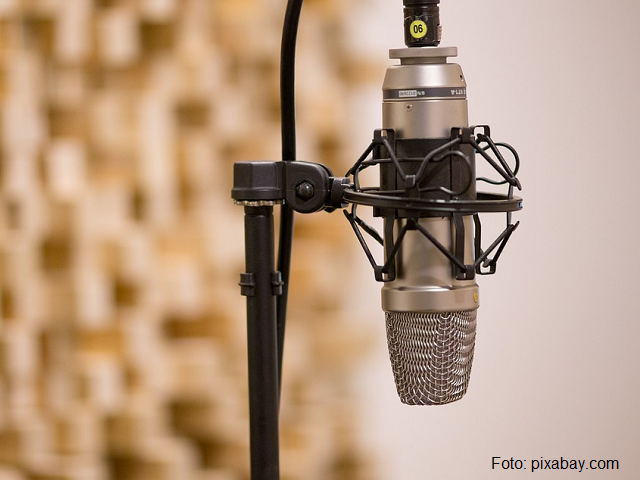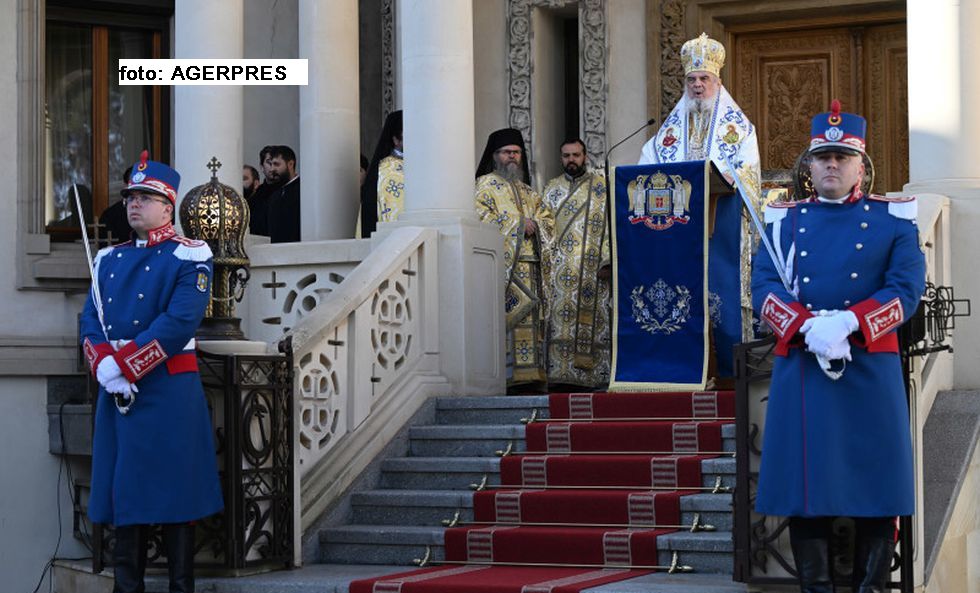Radio Cairo
Radio Cairo, a WWII station founded by the British government, also had a Romanian-language service.

Steliu Lambru, 17.04.2023, 14:00
War is a permanent threat to each and every one of us, whether closer or further afield. Whether we recall personal experiences or were told the experiences of others, or we watched documentaries or heard it on the news, war was never gone from the collective imagination. Although the current structures of collective defence such as NATO provide enhanced security guarantee for its members, war is a possibility for mankind to fall into darker its side. WWII is still a living memory, 78 years after its completion. During wars, not just the battles themselves are important, but also the information that circulates. Experts say it is as important as the military equipment.
This is why the media that existed during WWII waged their own battle against the enemy. Radio was no exception, with fierce battles of information and disinformation being waged on the wavelengths. During WWII, Romania was part of the alliance with Germany, Italy and Japan against the US, Great Britain and the USSR. The two military blocs used the radio to confuse their enemy in the latters own language. One radio station that also had a Romanian-language service was Radio Cairo, a station founded by the British government.
The Romanian national Livia Deakin-Nasta began working for this station in 1941, translating and writing news in the Romanian language. Her father was the journalist Liviu Nasta, who was close to the British embassy in Bucharest and who had provided information to the British ambassador to the Romanian capital, Burton Berry. Born in Bucharest in 1916, she had graduated from the Faculty of Romance Languages. In an interview to Radio Romanias Oral History Centre in 1998, Livia Deakin-Nasta remembered how her adventure as a radio journalist began:
„I left Romania in February 1941. My father had just been arrested and I managed to leave the country with the help of the French and the Americans. I first went to Budapest and from there to Belgrade. When the Germans invaded, I went to Greece and from there I could only go to Cairo, where the second allied military command was stationed. One was in London and the second in Cairo.”
In Egypt, Livia Deakin-Nasta ardently devoted her activity to serve those whom her father had informed in relation to the movements of the German and Soviet armies. She lived in an apartment with another 4 young women of other nationalities. Radio Cairo had been established in April 1941, shortly after Livia had reached North Africa, the head of the radio station being Lord Runciman. She was given the rank of lieutenant and introduced herself on the shortwaves under the code name Lieutenant Jane Wilson. She remembered that Radio Cairo also had an Italian service, a Bulgarian service and a Greek one, besides the Romanian service.
„I was on air at half past 11 in the evening, the Italians were after me, as they were too lazy to write the text. I had 10 minutes of war news and 5 minutes of general news. The Italians would come into the office and sit with me and would draft their texts in Italian after my own texts in Romanian. Sometimes they encountered words they didn’t understand, but eventually they managed to speak Romanian better than everyone else. A woman came later, because I got very sick and could no longer stand on my feet, whose name was Elena. She had Romanian and Swiss origins. She was a very nice woman, I cant remember her full name. When the Germans came very close to Cairo in 1942, we were all evacuated to Lebanon, and I went on air from there. And I also went on air from Jerusalem where I went later in the spring of 1943.”
Livia Deakin-Nasta remembered quite clearly how she put together her news bulletins as they came from the British Armys press office: „The Military Headquarters gave us the news, we wrote it, they cut everything that could be dangerous for the troop movements, and after that we sat in a summer cinema, that is outside, and, on our knees, we translated the text from English to Romanian. I didnt even have time to type. The materials were then burnt on the spot. And especially in 1942 when the Germans came, we almost burned all the archives. There were crazy times back then because war is never easy.”
But the job of an officer who also worked as a journalist was not just to translate and read news, according to her. Her duties also included sending Morse coded messages to groups of agents from Romania. The evolution of the war, however, led to the disappearance of Radio Cairo in 1944, but the war on the airwaves entered a different era. (CM, LS)





























